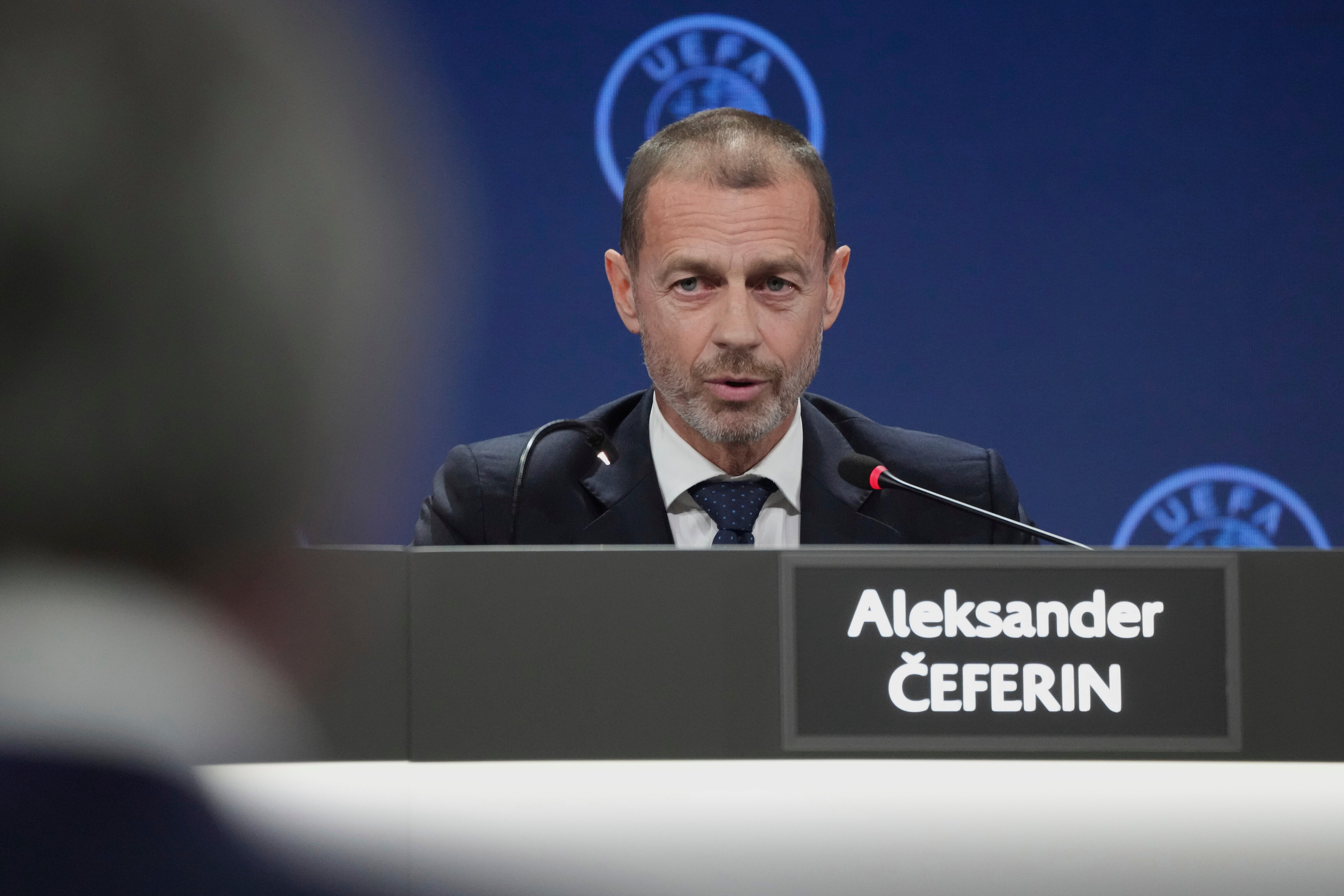Uefa president Alexander Ceferin has asked European national associations to consult with the governing body before granting approval for playing "domestic" league matches outside the continent, after significant backlash to controversial plans from Spain and Italy.
The build-up to the new Champions League season was filled with debate among senior football executives over the issue, leading to a lot of politicking at the Uefa Executive Committee in Tirana on 11 September. Both the Spanish and Italian federations put forward requests for LaLiga and Serie A matches to be played in the US and Australia, respectively.
This never actually got to a vote over whether Uefa should approve, however, due to intense debate in the build-up to the meeting. A number of federation heads and ExCo members – most notably Wales’ Laura McAllister and Norway's Lise Klaveness – made their positions clear. A significant point asserted was that Uefa's whole raison d'etre is as a guardian of European football, and that the mission and responsibility is for all of the continental game and "not just the select few".
Unlike previous discussions on the subject, too, the input of fans groups like Football Supporters Europe was given a considerable platform.
The subject was also complicated by the fact that the European Parliament is set to vote on the role of European Union policies in shaping “the European Sport Model” on 6 October. Article 44 on the agenda is “Calls on the sports governing bodies to prevent domestic competition matches from being played abroad.”
While any such vote from the European Parliament is not binding, Uefa did not want to take any decision before that, especially since the governing body is not expected to want to go against the EU. The EU has offered institutional protections from projects such as the Super League, at the same time as a number of European Court of Justice judgments have criticised football governance.

The entire issue is seen as another of those which brings in all of the various forces weighing on football right now. While number of ownership groups – from state-linked to capitalist – are viewed as wanting to make their clubs properly globalised entities, Fifa are also increasingly encroaching onto the club game through the Club World Cup, at the same time that lawmakers take a keener interest in how football is run.
Uefa themselves have entered into a commercial partnership with Relevent for the next European club cycle from 2027, even though the US sports agency have been central to moves to bring domestic games to the States. The April 2025 settlement in their legal case against Fifa over plans to play Barcelona-Girona in Miami in 2018 was even seen as sparking much of this controversy off.
Ceferin is consequently seen by some federation heads as navigating the issue well.

In a letter to all of Europe's member associations, dated 12 September, the Uefa president wrote: "Given the sensitivity of the matter, I would ask that if your association receives any similar requests, you first consult Uefa before granting approval and submitting them for formal consideration.
“This is not intended as an additional layer of bureaucracy, but as a way to ensure that such decisions – which affect European football as a whole – are assessed in their wider context. By coordinating in this way, we can anticipate the implications and reactions at a European level, rather than allowing the debate to unfold publicly in a fragmented manner.
“I am sure you will agree that decisions of this importance must be taken with a full understanding of the wider impact.”
The decision of figures like LaLiga president Javier Tebas to grant domestic approval to such plans and then go to Uefa was viewed as “chaotic”. Tebas, for his part, has repeatedly argued that such ideas are essential against the financial strength of the Premier League.
He has also pointed to how projects that further affect the health of domestic leagues, like the Club World Cup, don’t have the same pushback from stakeholders involved now.







